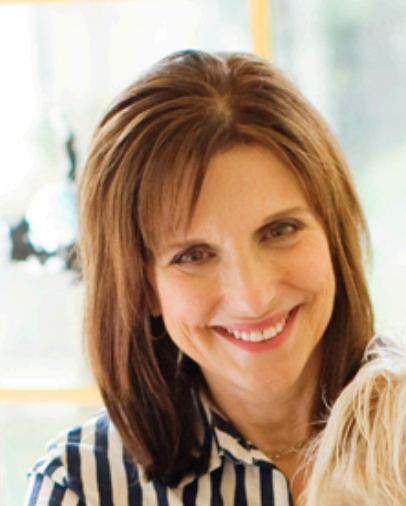If the pandemic has led to a new normal of working from home, you may have experienced some challenges with setting boundaries. Truthfully, it’s hard to even be certain when the weekdays end and the weekends begin — as days (and nights) all tend to merge into one another with little to differentiate them. If you are a manager of people or leading a team, you might be sending (and receiving) far more messages and emails “after hours” than you were during pre-COVID times.
But it’s crucial to be rigorous about setting boundaries — this includes letting your team know when you’ll be reachable (and how best to contact you during those times). As researchers write in the Harvard Business Review (HBR), it’s important to establish what they term “rules of engagement”: “If you can, let your employees know the best way and time to reach you during the workday (e.g., ‘I tend to be more available late in the day for ad hoc phone or video conversations, but if there’s an emergency earlier in the day, send me a text’).”
The benefits of boundaries are numerous. Having time away from work has been shown to improve energy and focus. Research shows that by going for a walk (preferably without your devices in hand) or by meditating for a few minutes, you will almost certainly return to work feeling refreshed and invigorated, with renewed motivation. And after a break, you could well have a fresh perspective or an aha moment that allows you to solve a problem you’ve been struggling with. Recharging will also leave you better equipped to support your team more effectively and get more done.
As Hubert Joly, the executive chairman and former CEO of Best Buy, writes in HBR: “This crisis gives business leaders the opportunity to lead from the front… As they’re confronting this crisis, leaders should be asking themselves: Are you spending enough time taking care of yourself, e.g., by meditating, so that you can be the best version of yourself leading others?… How do you want your leadership from this time to be remembered?”
Here are four simple steps to help you lead from an empowered place and hold better boundaries during this new normal:
When you feel overwhelmed by what’s required of you as a leader, take a short break.
A walk, a stretch, or even a few minutes of conscious breathing can help you get yourself into the metaphorical eye of the hurricane, that place from which you can come up with your most innovative and creative ideas.
Set a status or send a quick note to your team when stepping away.
Giving a heads up on when you’ll be taking lunch or a walk will help them feel connected while giving you space to set boundaries.
Encourage regular contact with your team, but not all the time.
While it’s important to keep channels of communication open, so your colleagues feel comfortable contacting you, let people know clearly when you won’t be responding to messages as well as how you prefer to be contacted after hours in case of an emergency.
Declare an end to the day, even if you haven’t completed your to-do list.
In any leadership position, it’s almost impossible to do all you could have done in any one day. Effectively prioritizing means being comfortable with incompletions and taking the time to recharge, so you’ll return to work the next day ready to seize opportunities.
Follow us here and subscribe here for all the latest news on how you can keep Thriving.
Stay up to date or catch up on all our podcasts with Arianna Huffington here.


